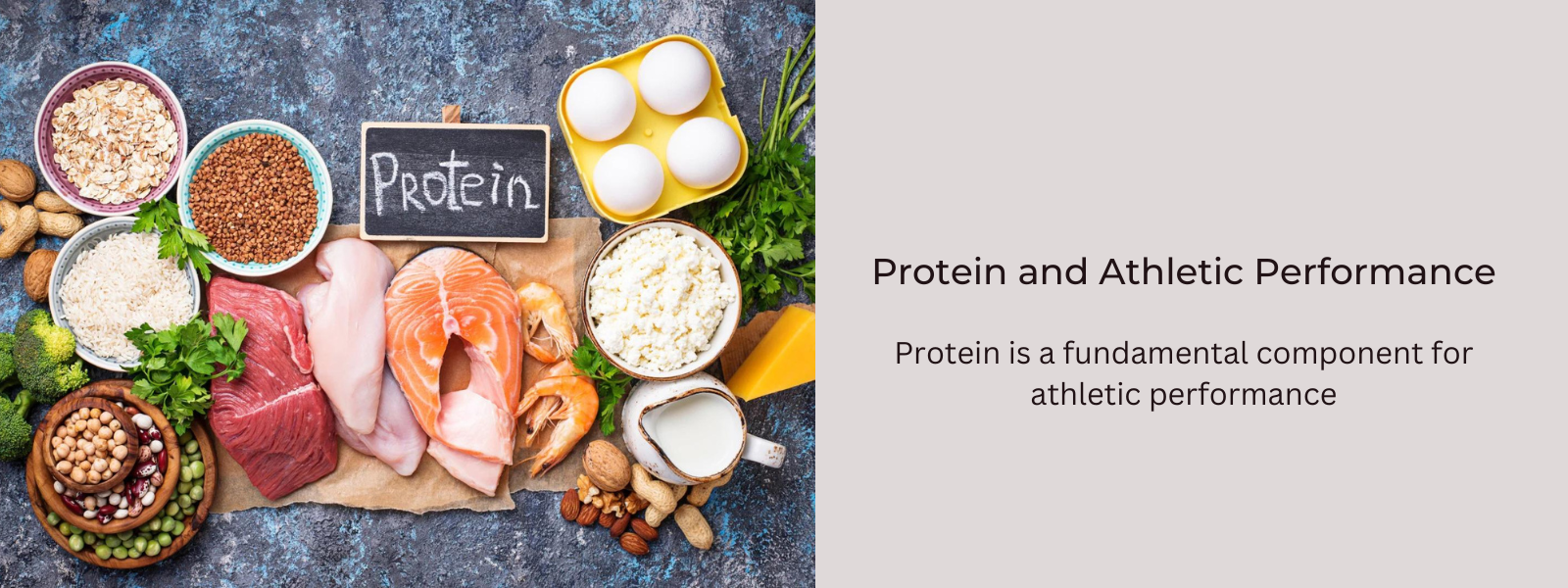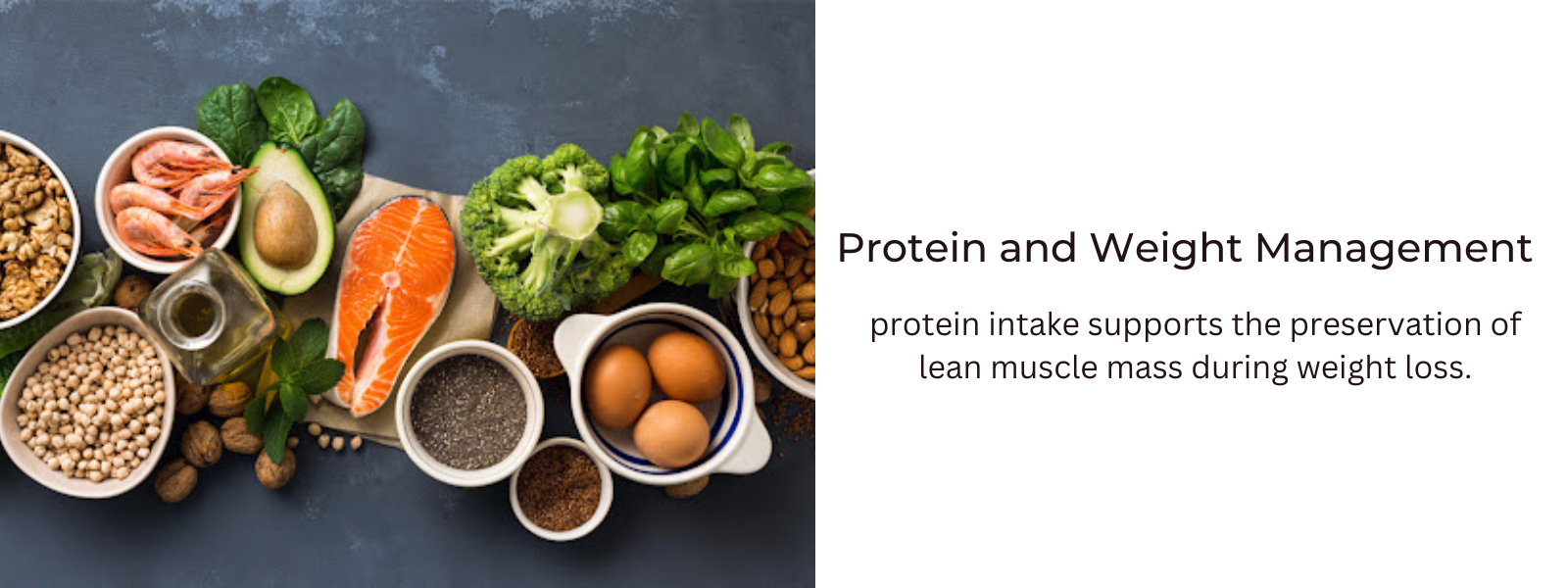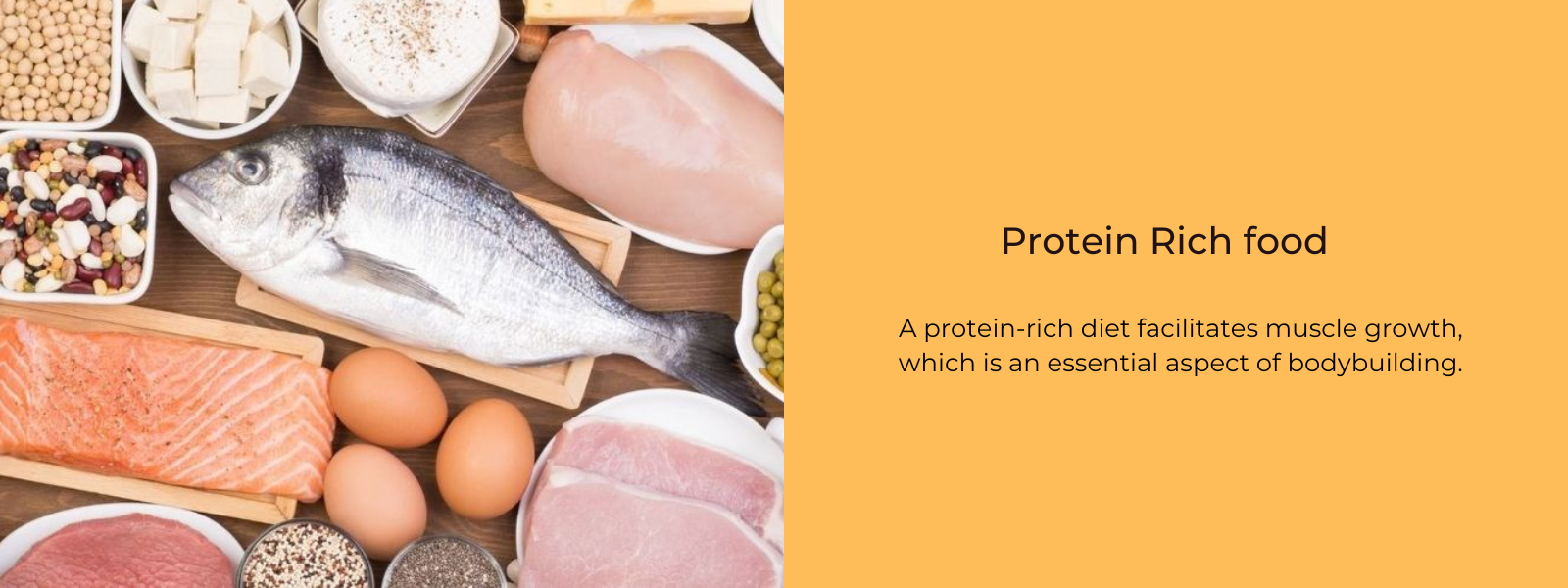Protein plays a crucial role in bolstering the immune system, serving as a foundational component for various aspects of immune function. The immune system is a complex network of cells, tissues, and proteins working together to defend the body against harmful pathogens. Here's how protein contributes to strengthening your defenses:
Table of Contents
- 1. Protein's Role in Antibody Production:
- 2. Protein's Role in Immune Cell Structure and Function:
- 3. Protein's Role in Enzyme Activity:
- 4. Protein's Role in Cytokine Production:
- 5. Protein's Role in Wound Healing and Tissue Repair:
- 6. Protein's Role in Antiviral Defense
- 7. Protein's Role in Maintaining Gut Health:
Protein's Role in Antibody Production:
Protein plays a pivotal role in antibody production, a fundamental aspect of the immune system's defense mechanisms. Antibodies, or immunoglobulins, are specialized proteins that recognize and neutralize specific pathogens. The body synthesizes antibodies in response to exposure to foreign substances, and this synthesis relies on the availability of various proteins. B cells, a type of immune cell, undergo complex processes of protein synthesis and modification to produce antibodies tailored to identify and target specific antigens. The diversity of proteins involved in antibody production allows for a highly specific and adaptive immune response, forming a critical line of defense against infections and contributing to the overall effectiveness of the immune system in maintaining health and combating diseases.
Protein's Role in Immune Cell Structure and Function:
Proteins are integral to the structure and function of immune cells, serving as the building blocks and orchestrators of immune responses. Immune cells, such as T cells, B cells, and macrophages, are rich in proteins that play diverse roles in their development, activation, and effector functions. These proteins include receptors that recognize specific pathogens, signaling molecules that regulate immune responses, and enzymes that mediate cellular activities. The structural integrity of immune cells relies on various proteins, and their proper function is contingent upon the synthesis and interaction of specific proteins. From recognizing and targeting pathogens to orchestrating complex immune reactions, proteins are central to the intricate machinery of the immune system, ensuring its ability to mount effective defenses against infections and maintain overall health.
Protein's Role in Enzyme Activity:
Proteins play a vital role in enzyme activity, serving as catalysts that drive numerous biochemical reactions crucial for immune function and overall cellular processes. Enzymes are specialized proteins that facilitate and accelerate chemical reactions, including those involved in the activation and regulation of immune responses. In the immune system, enzymes are essential for processes such as the recognition of pathogens, the destruction of foreign invaders, and the coordination of signaling pathways. By acting as catalysts, proteins enable the immune system to efficiently carry out a myriad of reactions, contributing to the precision and effectiveness of immune responses against infections and diseases.
Protein's Role in Cytokine Production:
Proteins play an integral role in cytokine production, which is essential for orchestrating immune responses and maintaining immune system balance. Cytokines are signaling molecules that mediate communication among immune cells, influencing inflammation, immune cell activation, and the coordination of defense mechanisms. The synthesis of cytokines heavily relies on the presence of proteins, as these molecules are produced and released by immune cells to regulate the immune system's dynamic responses. From initiating inflammation to modulating the differentiation and activity of immune cells, proteins are instrumental in the intricate network of cytokine signaling, ensuring a coordinated and effective immune defense against infections, pathogens, and other threats to the body's well-being
Protein's Role in Wound Healing and Tissue Repair:
Proteins play a crucial role in wound healing and tissue repair, contributing to the complex processes that restore structural integrity and functionality after injury. Collagen, a protein abundant in connective tissues, forms the framework for wound closure and scar formation. Proteins involved in blood clotting, such as fibrin, initiate the coagulation cascade, preventing excessive bleeding. Enzymes, including proteases, aid in the removal of damaged tissue, while growth factors stimulate cell proliferation and migration. These proteins collectively orchestrate the intricate dance of cellular and molecular events essential for successful wound healing. Ensuring an adequate supply of proteins in the diet supports the body's ability to repair tissues, promoting optimal recovery from injuries, surgeries, or other forms of trauma.
Protein's Role in Antiviral Defense
Proteins play a pivotal role in antiviral defense mechanisms, contributing to the body's ability to recognize, combat, and eliminate viral infections. Interferons, a group of signaling proteins, are crucial components of the antiviral response. When a cell detects the presence of a virus, it produces and releases interferons, which then signal neighboring cells to heighten their antiviral defenses. Additionally, various proteins are involved in the intracellular processes that hinder viral replication. The immune system utilizes protein-based mechanisms to identify and target virus-infected cells for destruction, limiting the spread of the infection. Overall, proteins are integral to the multifaceted antiviral defenses, ensuring a robust and coordinated response to viral threats within the body.
Protein's Role in Maintaining Gut Health:
Proteins play a crucial role in maintaining gut health by contributing to the integrity of the intestinal barrier and supporting various physiological functions within the digestive system. The gut-associated lymphoid tissue (GALT), a significant component of the immune system located in the gut, relies on proteins for the development and function of immune cells that defend against pathogens. Proteins are essential for the synthesis of tight junction proteins, which form a barrier between cells in the intestinal lining, preventing the entry of harmful microorganisms into the bloodstream. Additionally, enzymes involved in the digestion and absorption of nutrients are proteins, ensuring proper nutrient utilization and overall digestive health. Adequate protein intake is vital for sustaining the balance of the gut microbiota, fostering a diverse and beneficial community of microorganisms that contribute to digestive well-being.











Leave a comment